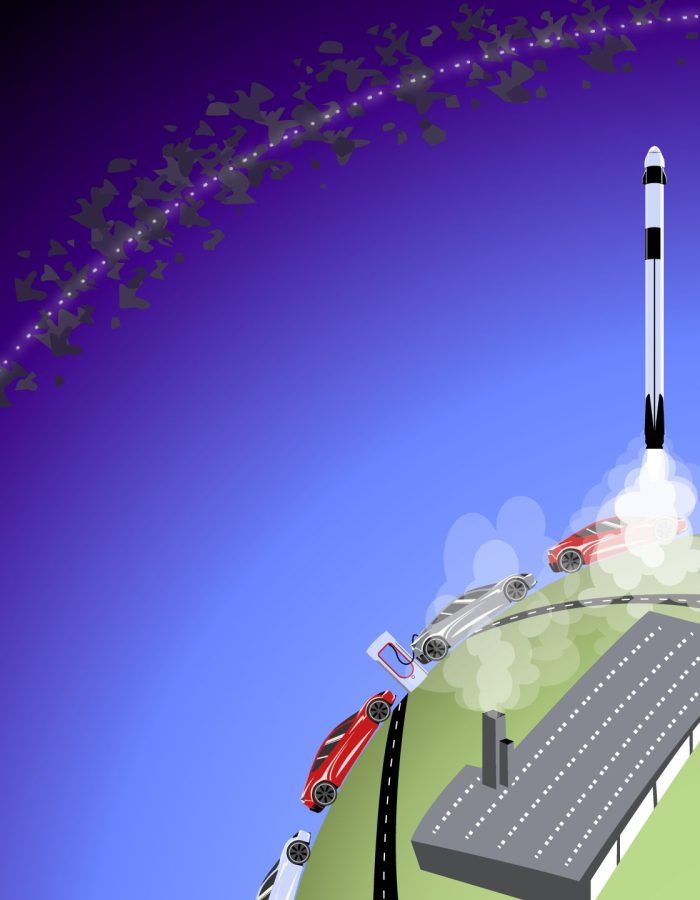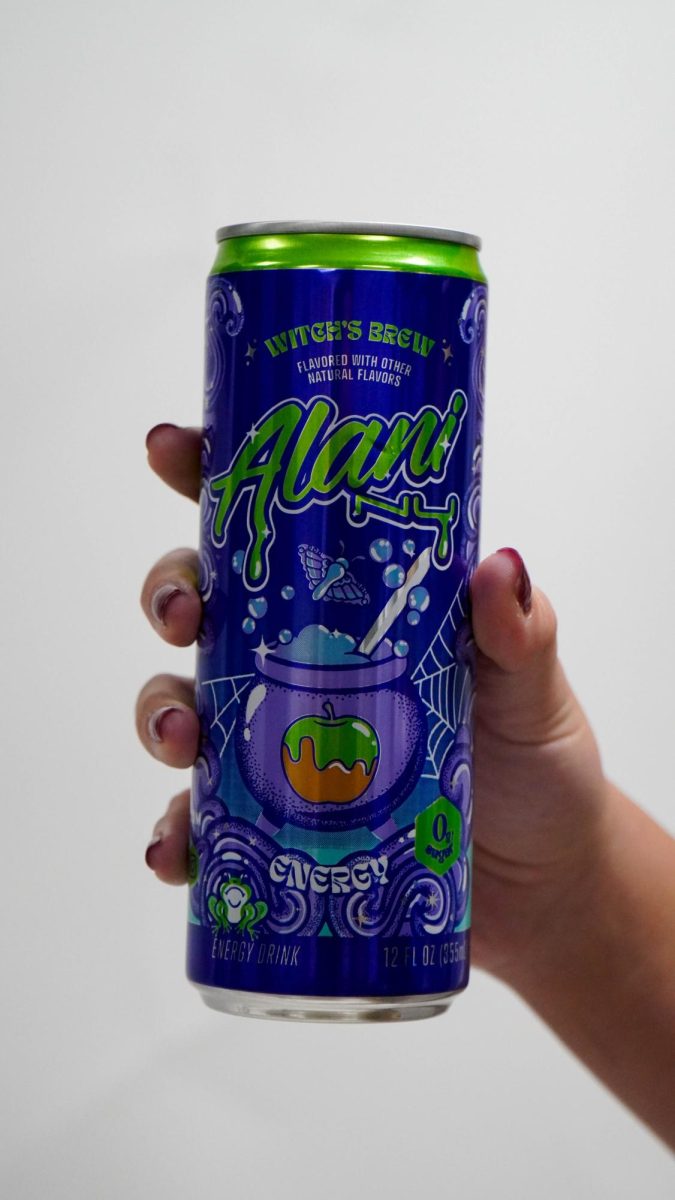After a whopping 151 launches, SpaceX has transformed the way humans see and get to space. These changes include satellites, reusable rockets, humans in space, and even a Tesla Roadster taking a lap around the sun. Elon Musk has truly changed the game for space travel, but some argue it might not be beneficial for our current environment.
SpaceX holds launches that emit significant amounts of fossil fuels into the atmosphere. Musk primarily uses a mixture of kerosene and methane to launch the most popular SpaceX rocket, the Falcon 9, which emits carbon dioxide into the atmosphere and violates the clean energy standards that SpaceX has claimed to value.
Although these rockets do not directly use carbon dioxide to launch, the kerosene and methane combine to expel CO2 during the launch process. According to travel-guide website Champion Traveler, one Falcon 9 launch is equivalent to 395 transatlantic flights in terms of expulsion of carbon dioxide.
These concerns may become even more prevalent given Musk’s plan to implement a rocket launch once a week in 2022. At the rate of emissions SpaceX is exuding, these frequent launches could be harmful to the atmosphere as well as safety of the passengers. A similar situation led to the death of 7 astronauts in 1986.
“The last time NASA had this ambitious launch schedule…we got the Challenger disaster,” science teacher Elmarie Mortimer said.
An increasing frequency of launches opens the door to an increasing amount of accidents.
The controversy behind more frivolous launches, such as the Tesla Roadster Musk launched into space in 2018, is not only because of the brewing risk of global warming, but also because of the space debris, or pollution in space largely made up of spacecraft fragments and dead satellites, Musk potentially caused with this.
“Every modern space mission is required to think about clearing up after itself,” astrophysics lecturer Ian Whittaker said in Smithsonian Magazine.
According to the same source, the trajectory of this car is headed towards the asteroid belt, where space pollution is almost inevitable. A continued recklessness of launches could not only mean trouble in terms of fossil fuel usage but also debris and pollution for outer space and other planets.
Some feel as though these impractical launches have changed the image of the private space sector as a whole.
“It seems like the space forays that we’ve made recently have been more about people trying to one up each other,” environmental science teacher Emily Massey-Burmeister said.
In contrast, Elon Musk’s other investment, Tesla, is a company focused on saving the planet with green energy. With one company focused on saving the Earth and the other focused on getting off of the Earth, the CEO may be in a predicament.
Social science teacher Benjamin Gaddis, who teaches ethics, believes that ethical dilemmas such as these are present in corporations everywhere. Consumers, specifically those purchasing Teslas, unknowingly fund side projects that contradict personal beliefs.
”We see a company for what it is, but we don’t see some of the other arms of that corporation and we may not know what we are fueling through our dollar,” Gaddis said.
Some Tesla owners see the current environmental damage as a necessary evil in advancing the human race.
With this in mind, senior Nathaniel Cohen-Neamie can see a future with both SpaceX’s technological advancements and Tesla’s environmental advantages. Although the current environment may be put at risk, with time, he believes that Musk can create a balance between the emissions and benefits.
“I think it’s going to broaden to benefit society eventually,” Cohen-Neamie said.

















Gavin O'Brien • Apr 29, 2022 at 10:31 am
Very studiouse amanda rose